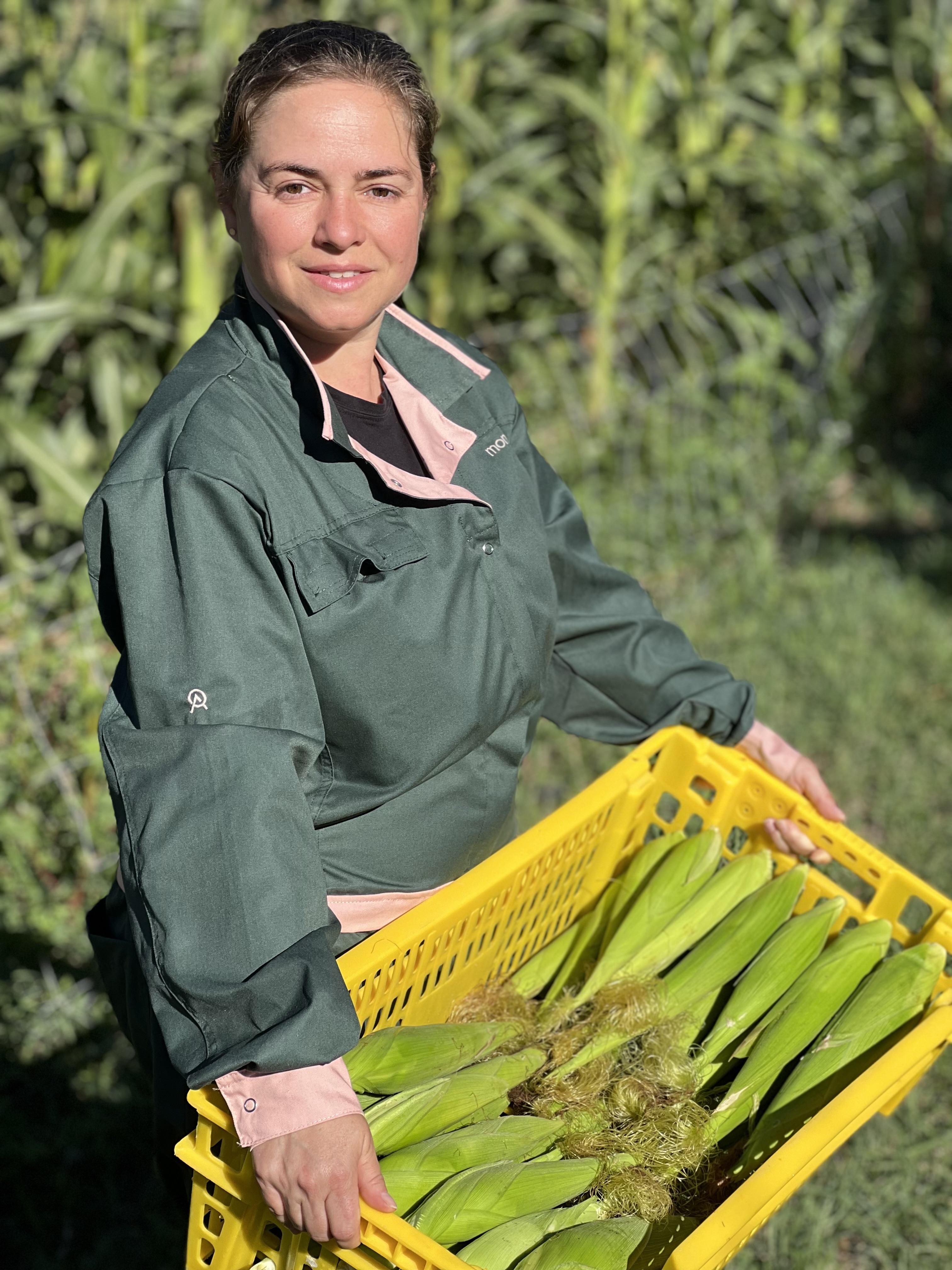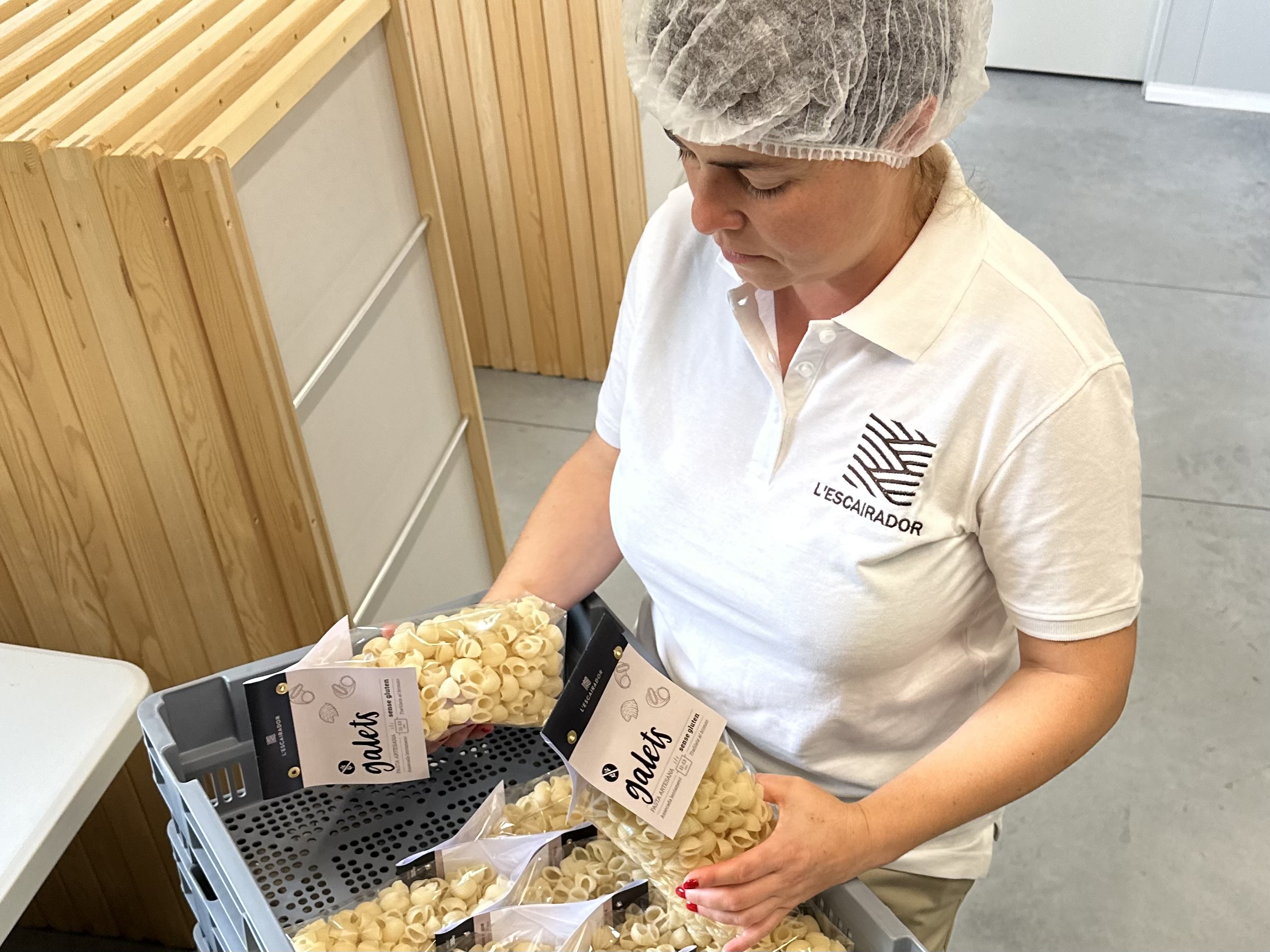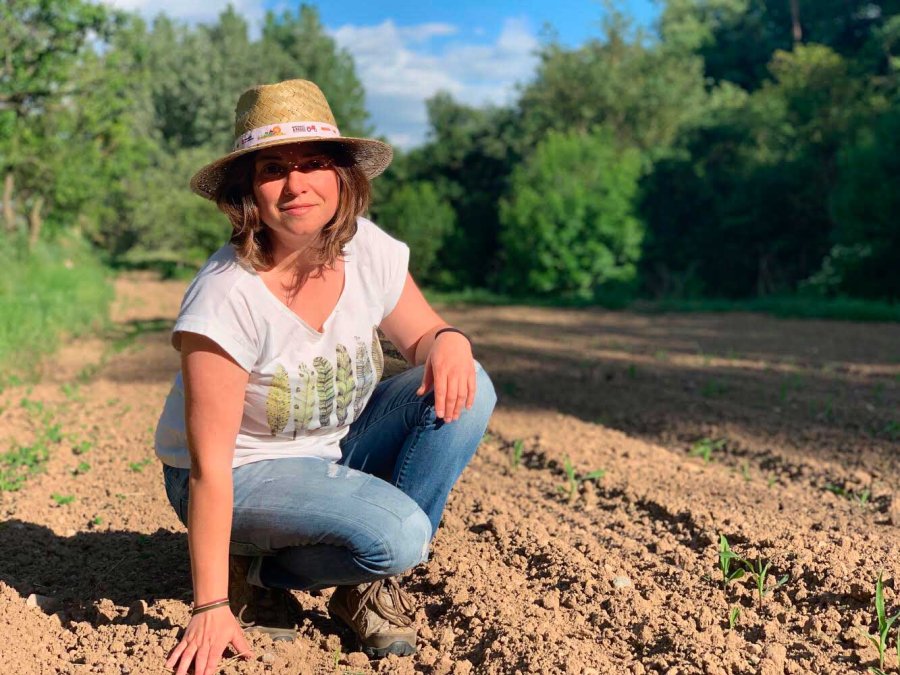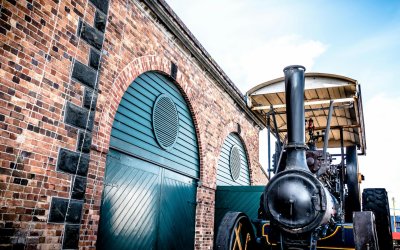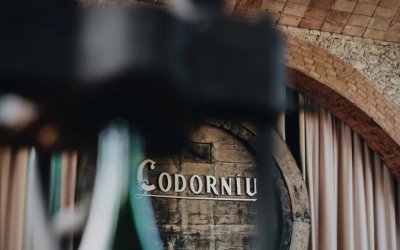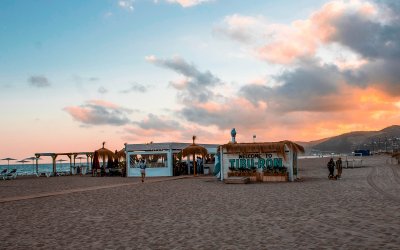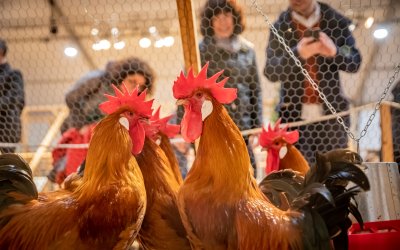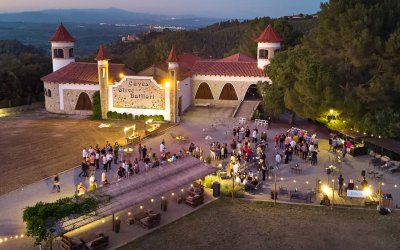Carrying on a fading tradition. was Maria Costa’s motivation for bringing back the trade of the escairador, the miller who removes the husks from grains. This profession had nearly been lost in the Berguedà region but her father still carried on.
And so Maria got to work. She made a career switch, leaving behind the music and audiovisual production industry she had worked in for 17 years to embark on this heritage preservation project.
“I was living in Barcelona but more and more in touch with the Berguedà region,” she explains. After a transition period working for a company focused on cultural projects in the Bages region, she finally made the change.
“My father was the one who inspired me to make this decision. He didn’t want to stop doing what he was doing,” she recalls. Hers was one of the few families in the region that still used a traditional stone mill.
“There were three or four mills being used, but it wasn’t common. Older people were the only ones running them.” For Maria, this activity her grandfather had taken up in his retirement planted the seeds of tradition.
“You never think that something like that could end,” she says. “It was a major part of life in our house.” Her emotional connection to this work and the fact that there were not enough producers covering demand in the region were what drove her to start the project.
A lost trade, part of the region’s heritage
L’Escairador was created in late 2017 to preserve varieties of traditional grains, as well as the escairador trade. The initiative is closely linked to heritage recovery efforts.
“My father restored a 19th-century stone mill,” she says. "After all the work that went into it, we didn't want to stop using it. It made us sad to think it could be lost.”
As Maria explains, the Berguedà region is full of “industrial corpses”. “After the industrial heyday of the 20th century, in the mid-1990s everything closed down.” This decline had a direct impact on the few job opportunities available for local residents, who have no choice but to leave the area to earn a living.
“My generation loves this land but we all left it behind to make a living,” she laments. “We have to turn things around, out of conviction. We can’t wait for someone else to do it for us.”
This regional activism comes across in the design of the L’Escairador project, which is committed to bringing back milling work in a traditional rural environment, specifically an agricultural estate that was used for self-consumption and a former farm no longer being used.
“It would have been easier to go to an industrial building,” Maria admits. But her unshakeable optimism leads her to speak of challenges, not of problems. “There are many logistic challenges, such as working the land so it doesn’t become a jungle,” she says. “But it’s so lovely to be able to look out the window of the workshop and see nothing but countryside and forests.”
L’Escairador’s work has already started to pay off, with the recovery of traditional grains that had become endangered. “We have a kind of corn that can only be found in the Berguedà region and that has to be made with a stone mill, since it’s traditionally eaten like popcorn in the escudella meat stew.”
Maria's hard work has been recognised, with the project’s accomplishments receiving the PITA 2020 award in the Young Innovative Entrepreneur category, for bringing back and preserving traditional grains and artisanal milling.
“There are days where you want to pull your hair out, but it’s worth it,” she says. “We’ve sacrificed economic gain but the emotionally it gives us so much.” This sums up the strong convictions and touch of romanticism needed to reclaim spaces in the region and provide opportunities to future generations.
